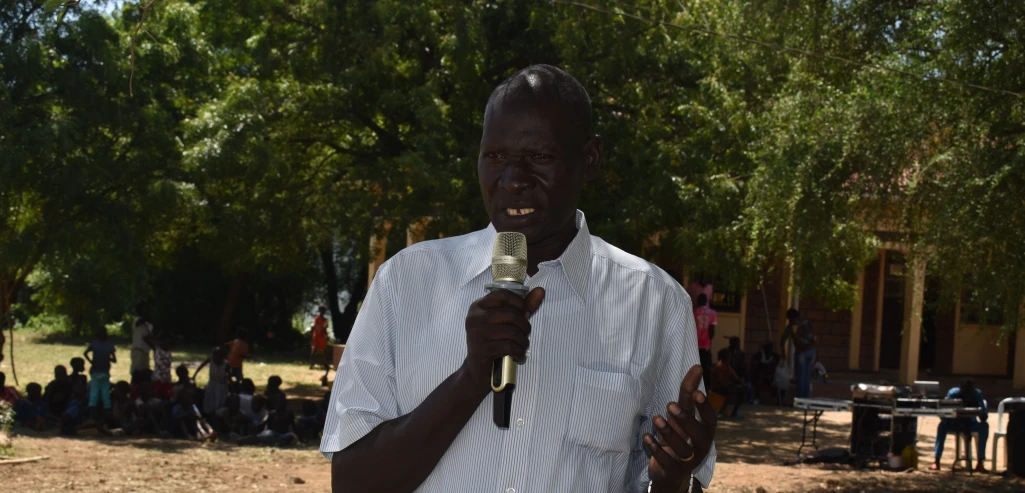
The former commissioner of Kapoeta South County has advised youth against counting on NGOs for jobs and instead join the civil service.
“You, the youth, are rejecting some jobs in the community like teaching school ,healthcare at hospitals, and even the police service. You all want to work for NGOs?” Martin Lorika said during the International Youth Day celebrations in Kapoeta town on Saturday.
According to Trading Economics global macro models and analysts’ expectations, unemployment rate in South Sudan is expected to reach 14.50 percent by the end of 2023.
The unemployment rate measures the number of people actively looking for a job as a percentage of the labor force.
In addition, studies show that insufficient labor demand, lack of skilled labor supply, absence of a coherent government policy, and the lack of a sound legal and regulatory framework limit the absorption of youth by the labor market.
As a result, most of the youth depend on humanitarian organizations and UN agencies for job opportunities – a situation the official says discourages creativity and innovation.
“My advice to all the youth is, you should not sit and wait for the job while we have many job opportunities in the community waiting for you,” Lorika argued.
But the current civil servants pay structure range from 3,000 SSP ($3) to 30,000 SSP ($30). The budget was presented by the then minster of finance and planning, Dier Tong Ngor, in May 2023.